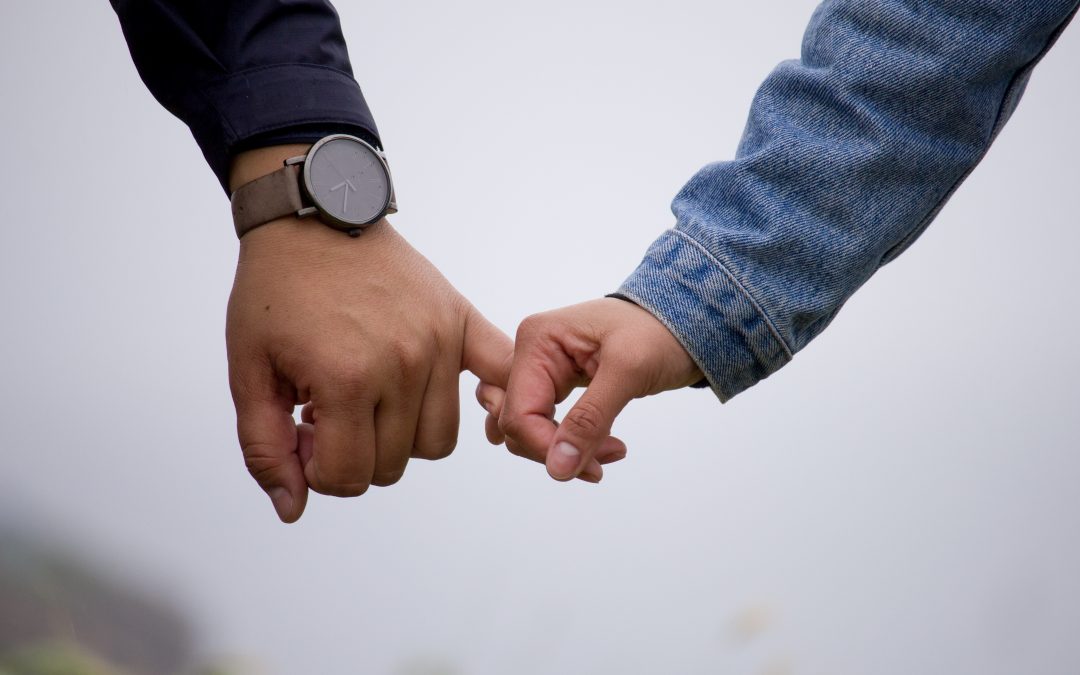Ever had a relationship with a friend or colleague that feels ‘off’? Like something has gone wrong and you can’t put your finger on it? It often boils down to a breach of trust.
Charles Feltman beautifully defines trust as ‘the choice to risk making something you value vulnerable to another person’s actions.’
And the natural opposite of this is distrust – ‘deciding that what is important to me is not safe with this person’.
Trust is the fundamental currency of strong, productive and authentic relationships between everyone – couples, colleagues, communities, corporations and countries.
“Whenever someone supports you, or is kind to you, or sticks up for you, or honours what you share with them as private, you put marbles in the jar. When people are mean, or disrespectful, or share your secrets, marbles come out. Trust is built one marble at a time.” Brene Brown
When trust is damaged, it’s often unintended – misunderstandings, limited time, opposing demands, competing commitments, miscommunication, all damage trust – but can have lasting and serious consequences.
So how to we build (or repair) trust, practically?
In her wonderful Super Soul Sunday talk, Brene Brown describes the anatomy of trust in this helpful 7-step acronym, B.R.A.V.I.N.G.
- Boundaries. I hold my boundaries and respect yours. This leads to greater mutual respect.
- Reliability. I’m clear on my limitations and realistic in my commitments to avoid falling short. This includes ‘competence’ – am I up to the task?
- Accountability. I own my mistake, apologise and make amends. I ask you to do the same.
- Vault. What we share in confidence remains there – on both sides. When a friend hears me gossip about another person, their trust in me is broken.
- Integrity. You can’t trust me, or expect it back, if we don’t come from a place of integrity and honesty. Have both our best interests at heart.
- Non–judgment. Ask for help and give it to others without judgment of yourself or them.
- Generosity. I assume the most generous things about your words, intentions and behaviours, and then check in with you.
Practicing these behaviours can help build, authentic strong relationships.
The big question is can we practice these with ourselves? I can’t expect from others what I don’t give to myself. Try being brave and B.R.A.V.I.N.G.
Image Credit: Ryan Franco, Unsplash.com


A very nice read !
Love the marbles analogy 🙂
I love this post…give direction and a skill set to put in place!
I will definitely forwarded this on to those who will value this most.